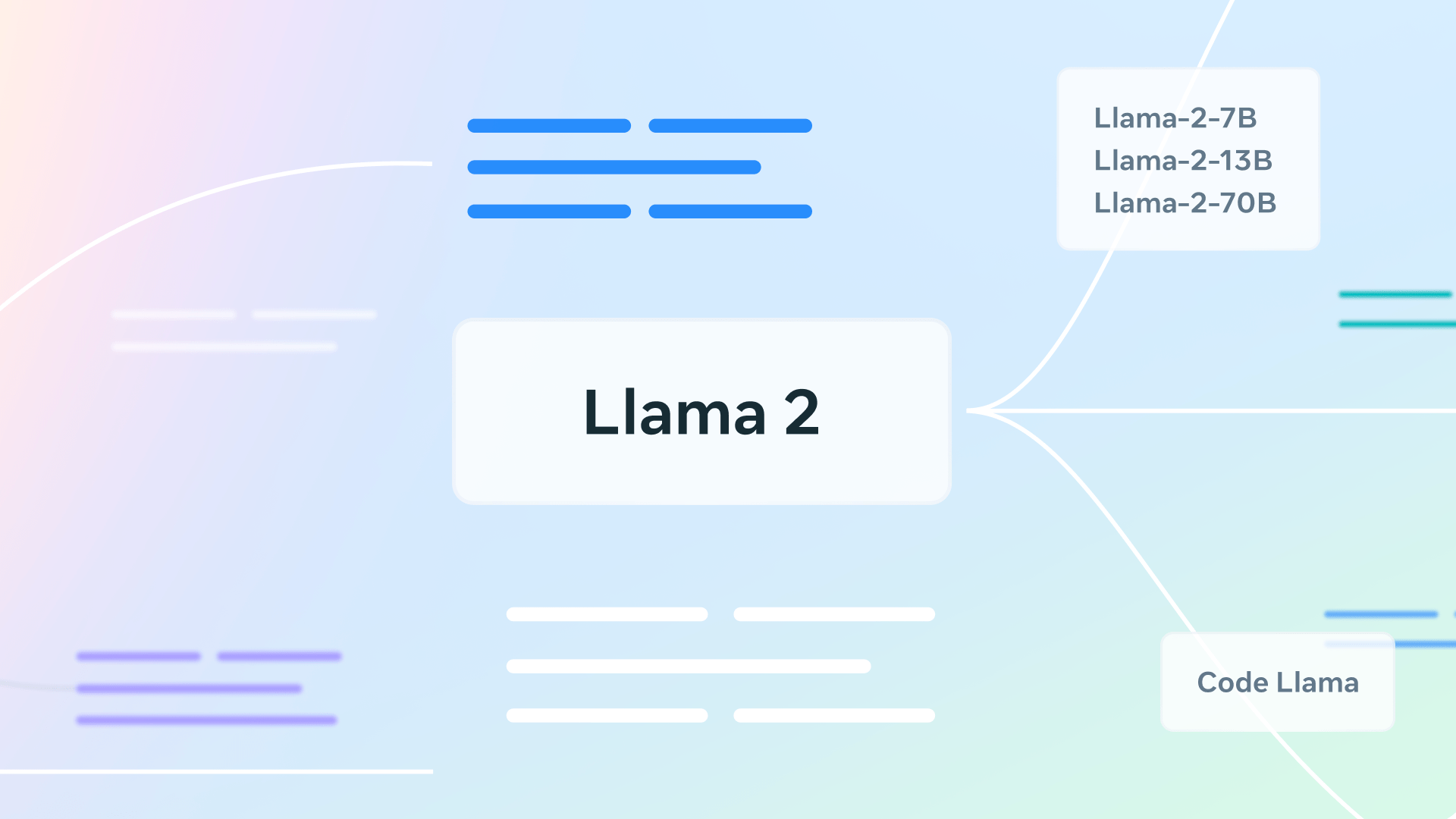Nuclear energy could play a role in meeting the high-power demands of AI systems, especially for continuous and stable power. Microsoft is exploring small modular nuclear reactors (SMRs) for data centers hosting its cloud and AI services, and is seeking a program manager to develop a strategy.
"This senior position is tasked with leading the technical assessment for the integration of SMR and microreactors to power the data centers that the Microsoft Cloud and AI reside on."
Critics of nuclear power worry about safety, waste storage, and competition with renewable energy sources.







